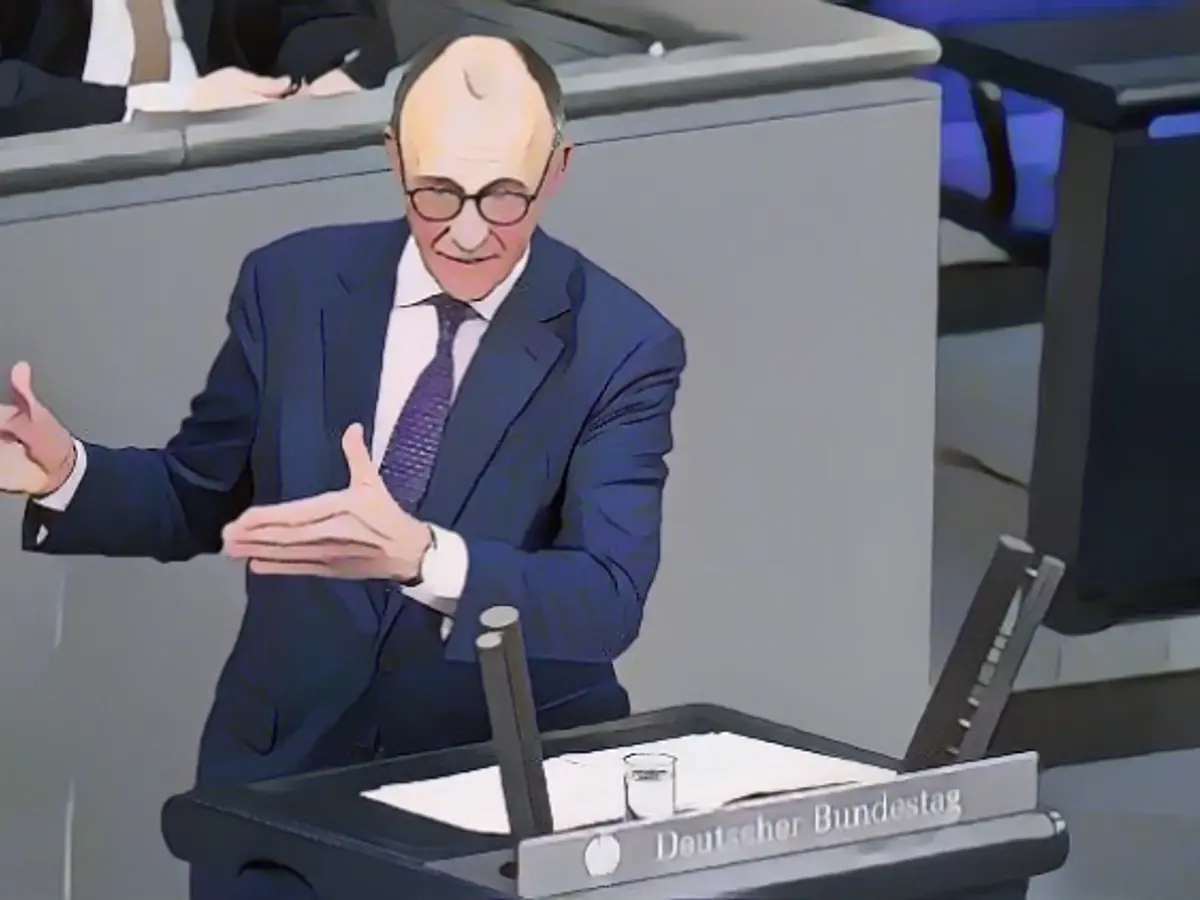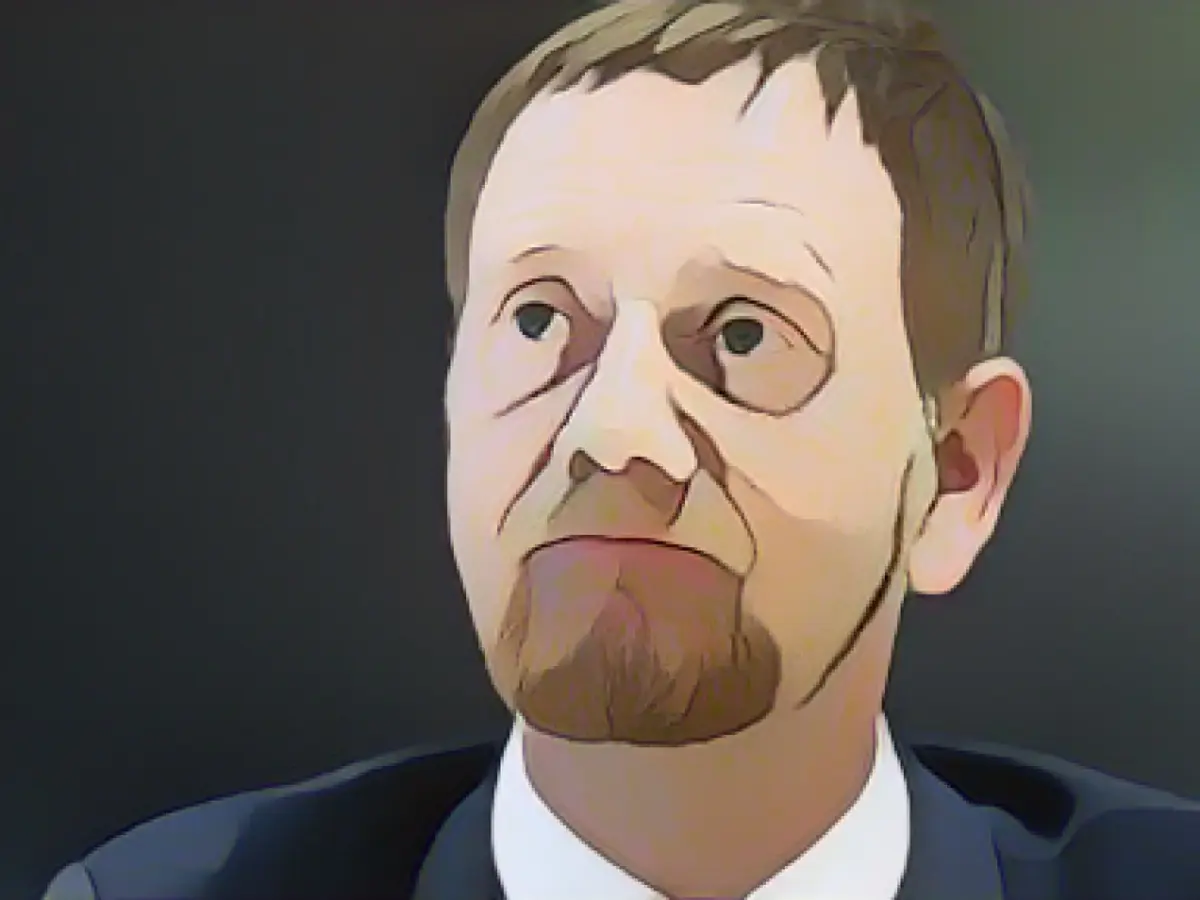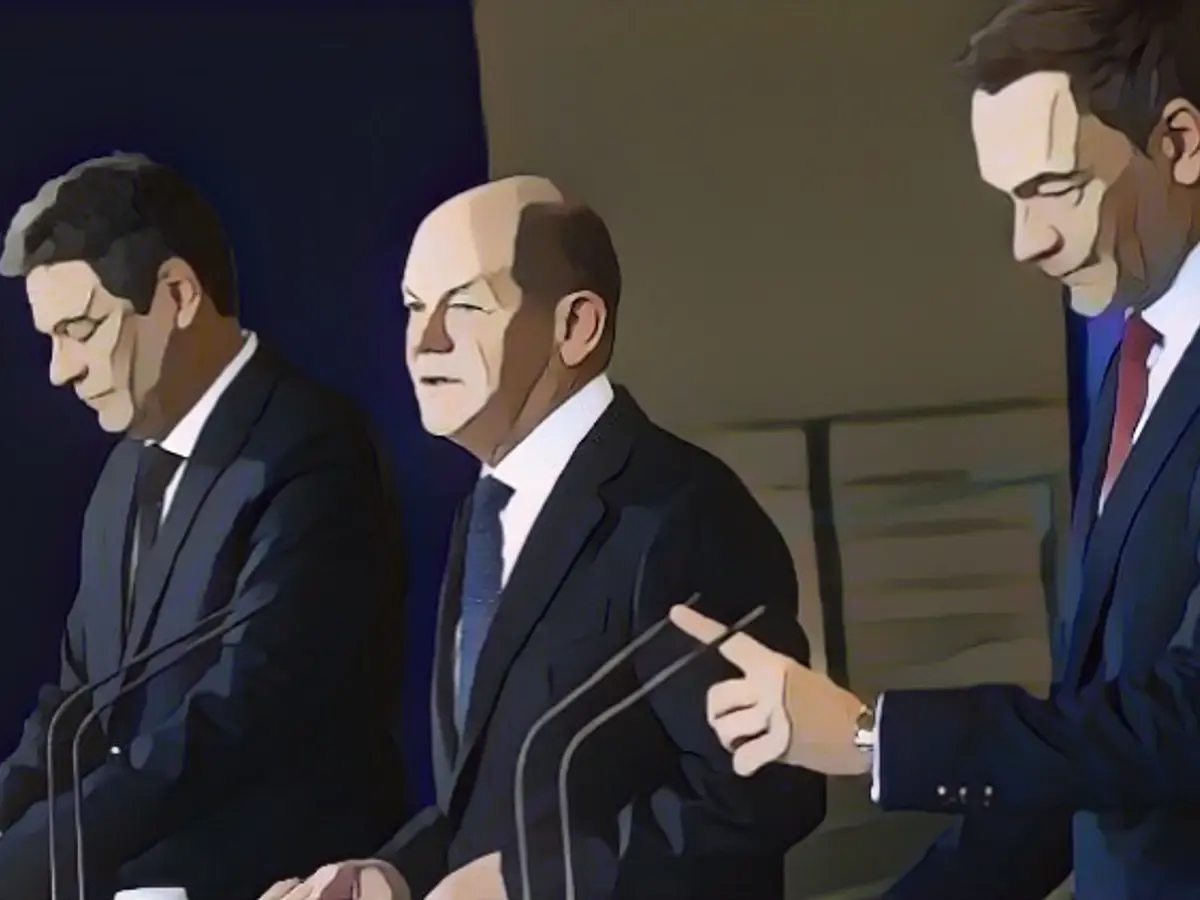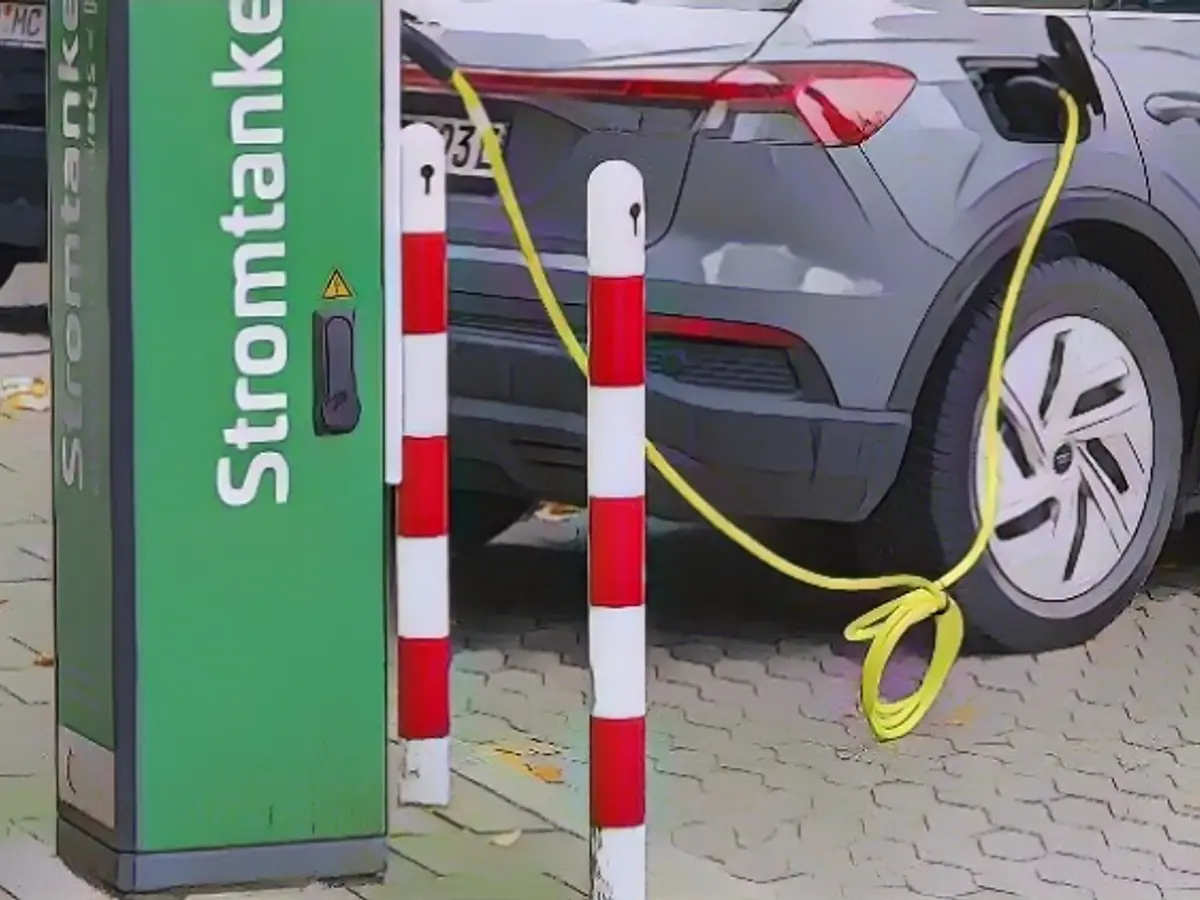Merz Holds Firm Against Debt Brake Reform Right Now
Following the Federal Constitutional Court's ruling, Germany's federal government is dealing with a significant budget gap. Debate about reforming the debt brake is heating up. However, opposition leader Merz doesn't see an immediate emergency that necessitates this action. Instead, he's advocating for waiving the increase in citizens' contributions starting January 1, 2024.
On ARD television, Merz, CDU party leader, voiced his stance, saying, "Neither a natural disaster of such magnitude that we must do this now, nor an extraordinary emergency requiring it, exists." Even adhering to the debt brake, he noted, allows for about 22 billion euros in new borrowing for the 2024 federal budget. "The federal government would have to manage with that," he stated .
SPD co-leader Saskia Esken, however, supported the idea of relaxing the debt brake. Speaking about budget discussions within the traffic light coalition, including the Greens and FDP, she acknowledged, "If we have to invest from the current budget, then at some point we will reach our limits." Esken urged that the debt brake must be reformed to enable investment .
Merz also called on the federal government to forego the planned increase in citizens' contributions, stating, "The federal government still has four weeks to make this decision. It's not yet in the law gazette, not yet in the ordinance gazette. The federal government can decide."
However, Federal Labour Minister of the SPD Hubertus Heil holds the power to implement this change by decree. Esken rejected reducing the Citizen's Income, saying, "I can't imagine us agreeing to this. We are not saving on the poorest, but we must now consider how to involve the strongest shoulders more" .
Despite Merz's opposition to the urgent need for debt brake reform due to fiscal issues, discussions surrounding this topic continue among political parties. although Merz, as CDU leader, advocates for scrapping the planned increase in citizens' contributions, there are indications that he's open to reviewing the debt brake under certain circumstances.
Source:
Additional Insights:
- The debate on whether to modify or heal the debt brake in Germany is vigorous, with various parties holding diverse views. The key positions, as outlined below, serve as a snapshot of the situation: a. Reform or Abolish Debt Brake: Parties like the SPD and Greens advocate for reforming or even stripping the debt brake completely. They argue that the current 0.35% of GDP limitation on new debt is excessively restrictive, especially considering Germany's economic state and the demand for substantial investments in sectors such as climate, infrastructure, and defense . b. Merz's Position: Merz, as CDU/CSU leader, has publicly maintained his opposition to significant debt brake changes. Nevertheless, party sources indicate that he privately accepts that change may eventually be necessary due to Germany's investment requirements . Merz has hinted at possible minor adjustments to facilitate investment in projects like climate and decarbonization . c. Proposals to Waive Increased Citizens' Contributions: The CDU/CSU proposed alternatives for cutting costs, such as reducing subsidies, downsizing bureaucracy, and reevaluating social expenditure. They also suggested encouraging more people to work rather than receiving state benefits. Additionally, the CDU/CSU has promised substantive tax cuts, which could result in an additional budget deficit ranging from €80 to €110 billion, as part of their strategy to boost economic growth .
- Long Paragraph Breakdown
- Merz against immediate debt brake reform: Merz expresses his viewpoint that there's no necessary emergency to adjust the debt brake due to budget concerns, even adhering to it allows ample financing.
- Esken advocates for debt brake reform: SPD co-leader Esken supports changing the debt brake, arguing it hinders investments and could lead to dire consequences if current funds are depleted.
- Merz calls on government to waive increase: Merz calls on the federal government to forgo the planned increase in citizens' contributions, which is still within the decision-making phase.
- Government remains divided on measures: The SPD and CDU/CSU are divided on ways to address budget issues, with SPD minister Heil holding the power to implement changes by decree and Esken rejecting Citizen's Income reductions.
Context Limits and Enrichment Integration
The rewritten article focuses on Merz's stance against immediate debt brake reform and his call to waive the planned increase in citizens' contributions. While the enrichment data highlights the broader context and key positions of various parties, its integration into the base article is kept minimal to ensure a balanced and concise writing style.








